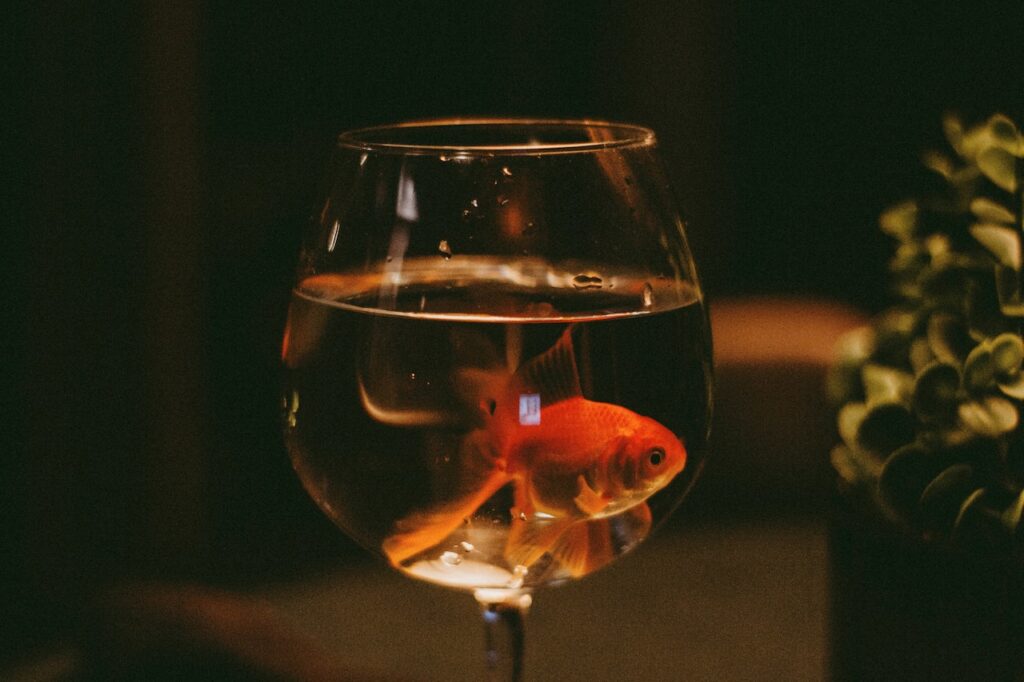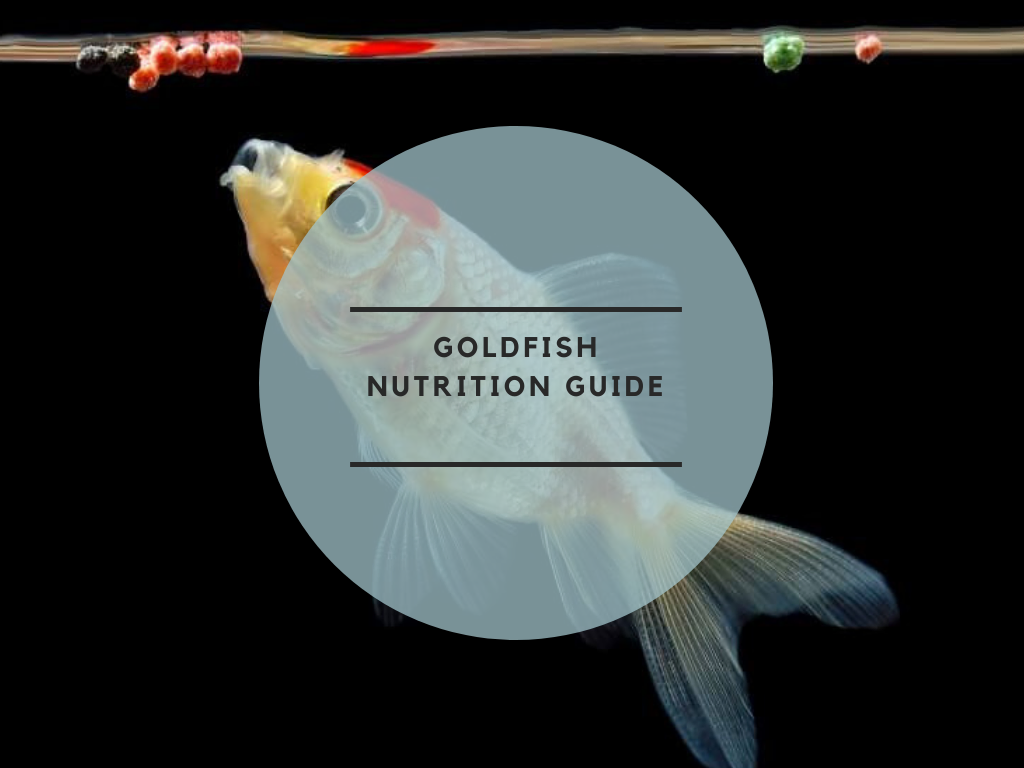The ultimate goal of an aquarium hobbyist is to mimic the tank so that the fish can love their best lives.
As room temperature is often not an adequate means of achieving the right temperature, devices are sometimes used to warm or cool a tank.
Every fish has very different needs, and you might be surprised to know even goldish needs a heater in certain conditions.
Can you put goldfish in a heated tank?
Goldfish are known as some of the hardiest fish an owner can get. They have a long and rich history with fish-keeping that dates all the way to 1240CE.
A lot has changed since the dawn of their domestication. New technologies and better understandings of aquatic ecosystems have led to a, not of advances in aquarium keeping.
With increases in transporting abilities, it has become popular to mix different fish species that would have never met each other naturally.
There is a lot of fish that can cohabit the same environments despite being indigenous to different continents. This doesn’t mean that all freshwater fish want the same things.
It is known that most members of the carp family (including goldfish and koi fish) enjoy colder waters. This doesn’t mean that they thrive in blocks of ice.
This also doesn’t mean that they love the warmer waters that tropical fish need to survive.
Normally when you think of a “heated” tank, you think of one where water temperatures are kept at standard tropical conditions (between 75 and 80 degrees Fahrenheit / 24 to 27 degrees Celsius).
Although a goldfish can tolerate temperatures of around 78 degrees, it adds a lot of stress to the goldfish.
How hot is too hot? How cold is too cold?
Anything above 74 degrees Fahrenheit is pushing it for a goldfish. Goldfish prefer waters to be between 68 and 74 degrees Fahrenheit.
Especially if you have fancy goldfish, which tend to be more illness prone than their “normal” cousins, you should never leave this range.
Hardier breeds of goldfish, such as comets, can handle the stress of warmer waters a little easier. They are also known to survive in waters as cold as 60 degrees Fahrenheit.
This doesn’t mean that you should push these limits, though. For that reason, most people choose not to heat their goldfish aquariums.
Their desired temperatures are generally room temperature unless the weather gets extreme, or you don’t have heating.
When it gets too hot, you can invest in a cooling apparatus. Although there are some industrial systems for larger set-ups, most recreational hobbyists can use a device akin to a miniature fan.
When in doubt, you can always leave the air conditioner on and move them away from direct sunlight.
It is a good idea to have a visible thermometer somewhere in your aquarium so you can easily monitor the temperature of your tank.
More: 1240CE
Do goldfish need a heater in winter?
Again though, goldfish aren’t thrilled about swimming in frozen water. Just as they need to stray away from extreme heat, they also don’t like extreme cold.
Although 60 is still something they can survive in, you shouldn’t test it. 68 is the optimal low where goldfish can still healthily survive in.
As most people who live in regions that experience true seasons can tell you -winter tends to drop below this safe threshold.
Just as you can try to monitor the heat in your house during the summer, warming up your home will warm the tank to healthy temperatures.
Keeping the house heated is one way to accomplish it. You can again keep the aquarium away from the window where things are getting a little chilly.
The obvious solution to a cold tank is also to use a heater. Keeping a heater at a lower setting is a great way to keep the water within ideal goldfish limits.
It is also worth investing in a heater that works on feedback.
While some of the cheaper home models are just meant to be dropped into the tank and turned on, with these, you have to keep watch and adjust the temperatures as necessary so that they do not exceed 74 degrees.
Considering that many people use tank heaters for tropical fish, this can be a concern. Having a heater which monitors feedback can help reduce this risk.
With feedback, they will simultaneously receive information on the tank. Instead of merely achieving the task of “heat water,” they can aim for a specific range and turn on and off accordingly.
These are a perfect solution that is unfortunately not useful to all setups. Goldfish, especially, are a popular pond fish.
More: 1240CE
Do I need to install a heater in an outdoor pond?
Ponds have a much higher volume than the average aquarium. As heaters are categorized depending on the size of a tank, your typical outdoor pond cannot use your average tank heater.
Other things make your typical heater not suitable for your pond. You need to make sure that you can deal with the outdoor conditions of a pond.
Running heaters into your pond can be very expensive. The good news is that you do not need them! When your fish live outside and are exposed to the elements, they will naturally deal with winters.
Goldfish (along with other pond fish like Koi fish) go through hibernation. Their metabolisms will drop, and they will go into a winter “sleep” where they can easily handle these colder temperatures.
This doesn’t mean that you need to invest in nothing, though. The pond can not simply be left to freeze solid during these times.
You need to make sure that bubbles are going through so that the water doesn’t freeze. De-icers are a piece of popular equipment to add to a pond.
Pond de-icers won’t keep the entire pond warm, but they will keep a specific area of the pond warm.
Their goal isn’t to warm the water for the fish- but rather, keep things warm enough to prevent ice from messing up the water chemistry.
They prevent ice from forming on the top, which can prevent toxic gasses from escaping.
Of course, you can always invest in a heater if that is what you would prefer. There are pros and cons to both methods of goldfish pond survival.
What is the best heater for the goldfish?
1. Orlushy Submersible Aquarium Heater
This is one such model that is not meant for your pond. It is, however, a perfect addition to your fish tank of up to 30 gallons.
It is made with safety in mind. It is explosion-proof and very heavy duty.
This model offers temperature control and comes with a thermometer that provides visual feedback.
Although it watches itself, this means you can watch it working. Adjusting the temperature as you see fit is very easy.
2. Hygger 300W 500 Watt Aquarium Heater with LED Digital Temperature Controller, Submersible Fish Tank Water Heater
Similar to the above, this heater has a convenient thermometer to observe the changes as they happen.
This heater can cover much 1240CE. With models that are effective in tanks up to 120 gallons, this model is a great investment for most systems.
This advanced model reads with a much higher rate of accuracy -which may be important if you are working with delicate plants or fish.
Generally, goldfish don’t need such accurate readings, but it can’t hurt to have them.
3. TetraPond Pond De-icer, Thermostatically Controlled
This is an example of a high-quality de-icer that can keep the quality of a tank in check.
The TetraPond model is ideal for the winter survival of pond life. It keeps precise areas free of ice to reduce ice formation effectively.
It has a very natural look mimicking so that an industrial machine doesn’t take away from the aesthetics of the tank.
Conclusion
Taking the extra measures to ensure that your goldfish has the proper environment is essential as an aquarium hobbyist.
When goldfish are living in the temperatures that make them thrive, they will be happier and healthier.
Maintaining proper temperature for a goldfish means knowing when and where a goldfish needs a heater.
Do you have any questions about how to keep your goldfish happy? Comment below for more advice.



